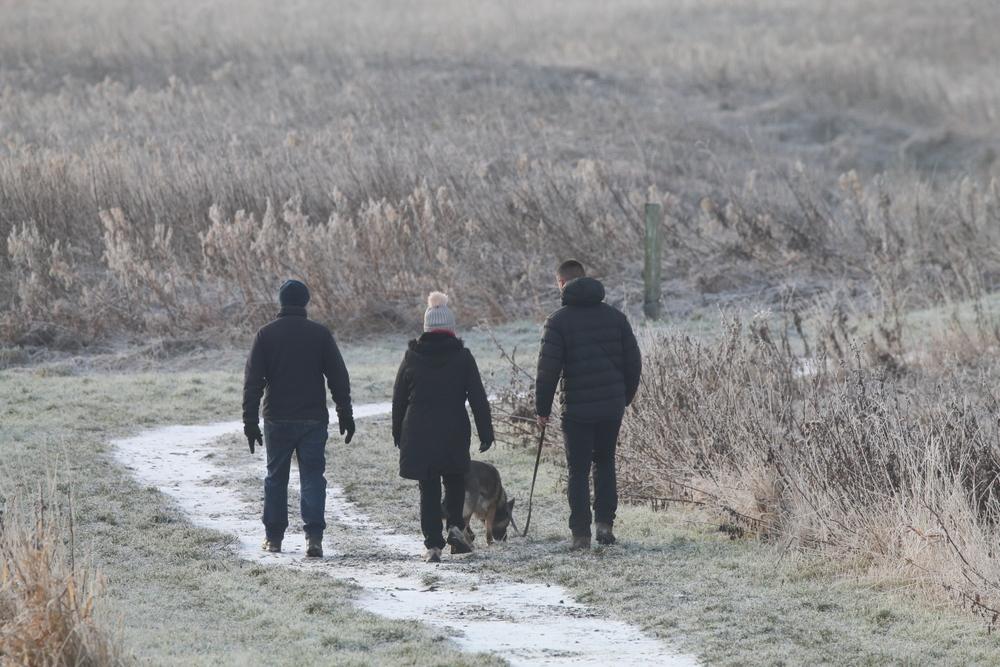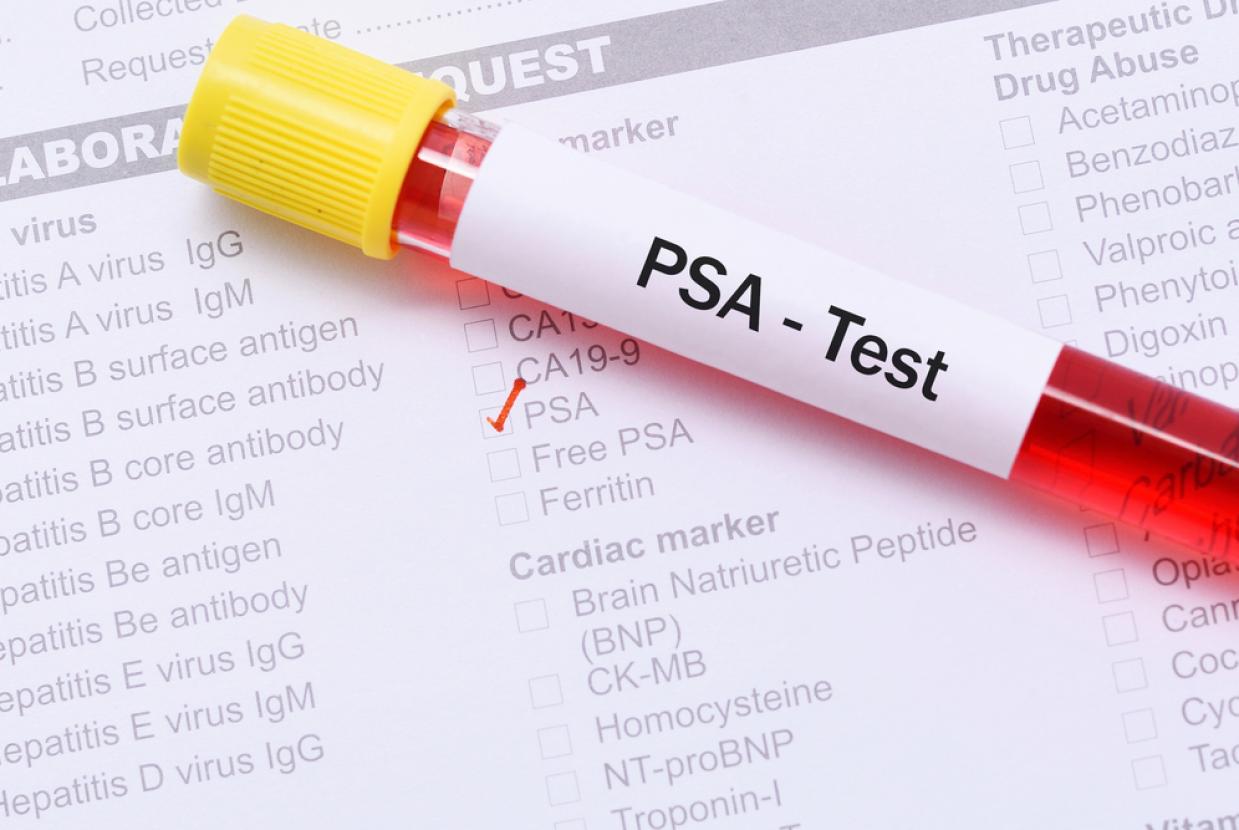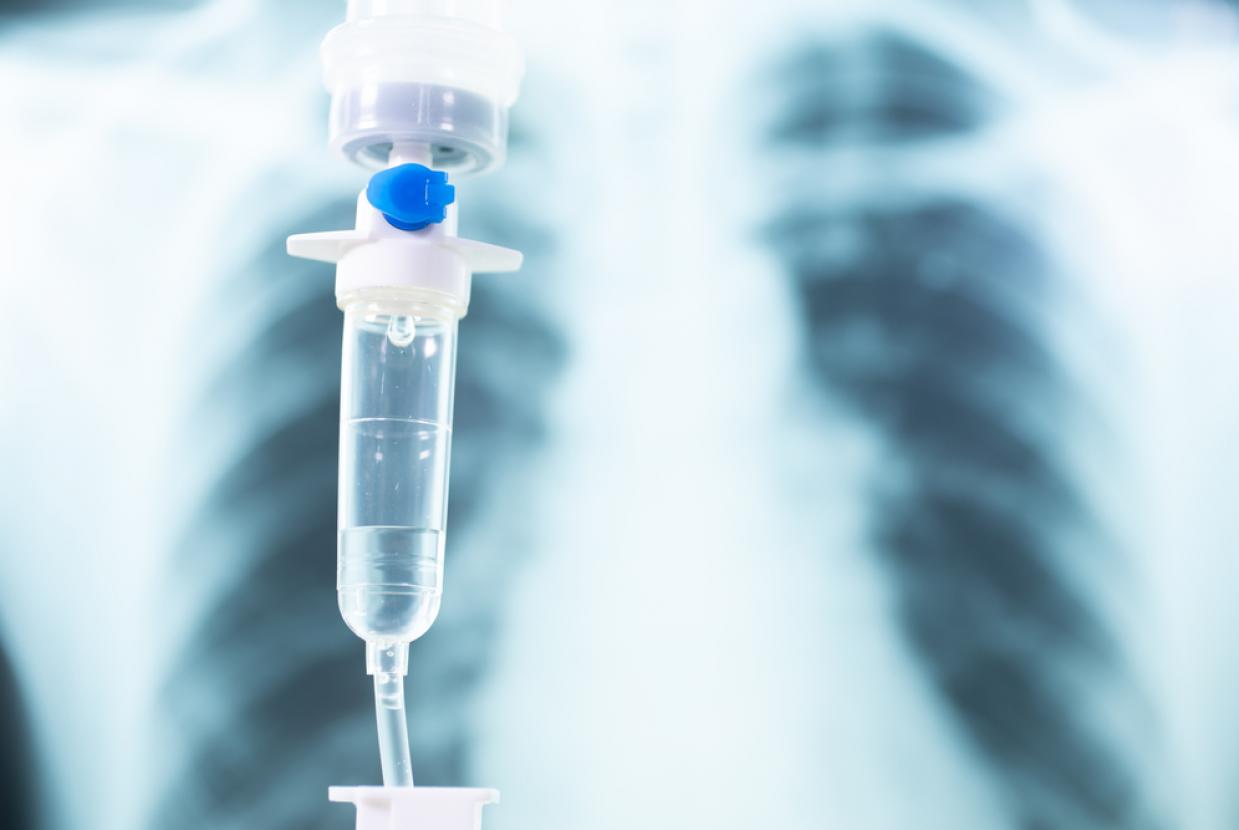Men's Health Week: Prostate Cancer
Men's HealthProstate cancer usually develops slowly, so there may be no signs for many years.
Symptoms of prostate cancer
Symptoms of prostate cancer do not usually appear until the prostate is large enough to affect the tube that carries urine from the bladder out of the penis (urethra). When this happens, you may notice things like:
- an increased need to pee
- straining while you pee
- a feeling that your bladder has not fully emptied
These symptoms should not be ignored, but they do not mean you have prostate cancer. It's more likely they're caused by something else, such as prostate enlargement.
Causes of prostate cancer
The causes of prostate cancer are largely unknown. But certain things can increase your risk of developing the condition. The chances of developing prostate cancer increase as you get older. Most cases develop in men aged 50 or older.
For reasons not yet understood, prostate cancer is more common in black men and less common in Asian men. Men whose father or brother were affected by prostate cancer are at slightly increased risk themselves. Recent research also suggests that obesity increases the risk of prostate cancer.
Tests for prostate cancer
There's no single test for prostate cancer. All the tests used to help diagnose the condition have benefits and risks that your doctor should discuss with you. The most commonly used tests for prostate cancer are:
- blood tests
- a physical examination of your prostate (known as a digital rectal examination, or DRE)
- an MRI scan
- a biopsy
PSA testing
The blood test, called a prostate-specific antigen (PSA) test, measures the level of PSA and may help detect early prostate cancer. If you are over 50, you can ask a GP for a PSA test.
PSA tests are not routinely used to screen for prostate cancer, as results can be unreliable. Your PSA level can also be raised by other, non-cancerous conditions.
Raised PSA levels also cannot tell a doctor whether you have life-threatening prostate cancer or not. If you have a raised PSA level, you may be offered an MRI scan of the prostate to help doctors decide if you need further tests and treatment.
Treating prostate cancer
If you do have prostate cancer, you may not need treatment. If the cancer is at an early stage and not causing symptoms, your doctor may suggest either "watchful waiting" or "active surveillance".
The best option depends on your age and overall health. Both options involve carefully monitoring your condition. Some cases of prostate cancer can be cured if treated in the early stages.
Treatments include:
- surgically removing the prostate
- radiotherapy – either on its own or alongside hormone therapy
Some cases are only diagnosed at a later stage, when the cancer has spread. If the cancer spreads to other parts of the body and cannot be cured, treatment is focused on prolonging life and relieving symptoms.
For more information about prostate cancer, please click here.

































































